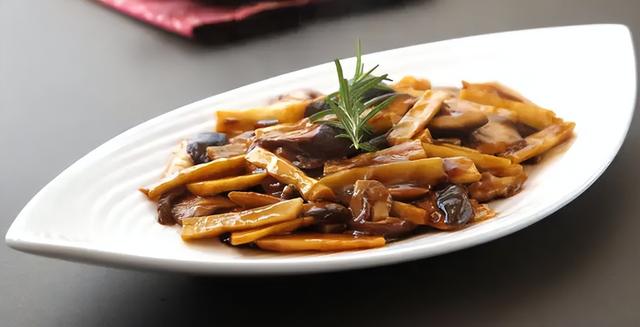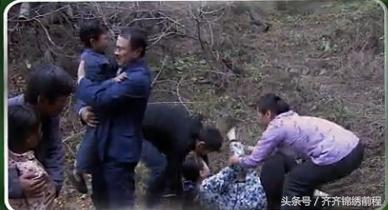周末,常爸带小小常和Mike一起喝咖啡。Mike说起自己刚看的一部纪录片:
Mike:
Wow! That documentary is so interesting! I never knew there are so many different ways to recycle our trash.(哇哦!那部纪录片实在太有趣了!我从来不知道回收垃圾有这么多方法。)
常爸:
Yes, it really is! And it certainly gave me some Food for thought about recycling in our own workplace. (没错,真的太有趣了!而且这部纪录片真的给了我关于办公场所垃圾回收的food for thought。)
小小常:
Food? What food? We didn't order food at all!(吃的?什么吃的?我们根本没点吃的啊!)
Mike:
It's not real food, Victor! Food for thought means something that makes you think seriously. (这里说的并不是真正的食物,小小常!Food for thought是指让你认真思考的东西。)
常爸:
Indeed. Now I believe we could recycle more in the office. (没错。现在我相信在办公室我们可以做更多循环利用。)
小小常:
I can help, too! I will teach my friends at school what we learned.(我也能帮忙!我会把学到的方法教给学校的同学。)
Mike:
Excellent!( 非常棒!)
food就是“食物”;thought表示“思考”。“food for thought”字面意思是:给思想(吃)的食物,需要思想消化的食物,实际意思和吃的东西是没有关系的,也不是精神食粮。
food for thought表示值得人深思的事情或问题,引发人思考的观点。give somebody food for thought就是“引起(某人)深思”。
那么,有哪些场景能让人深思呢?
✍看书时:
Even though the book was bad, the story gave Marlena food for thought.即便这本书很糟,但书中的故事还是很值得玛琳娜深思。
✍上课时:
The lecture was really interesting! It gave me a lot of food for thought.这堂课真的很有趣!给我留下了很多值得思考的问题。
✍择业时:
Now that I have finished university, I need to choose a career path! There are so many options that I have a lot of food for thought.我大学毕业了,现在面临择业!选择太多了,所以我需要好好思考思考。
✍受挫时:
Our team lost the rugby game last weekend, but it is not just the scoreline that caused us most food for thought.我们队上周末输了橄榄球比赛,但最让我们深思的不只是比分。
“food for thought”一词可以追溯到19世纪后期。不过,把消化“从胃转移到头脑”的概念则起源于18世纪的法国大革命和启蒙运动时期,那时的人们开始解放思想,积极地批判专制主义、宗教愚昧和特权主义,宣传自由、平等和民主。
除了food for thought这个说法,thought还有其他的固定搭配:
● give something some thought 仔细想想I've been giving it some thought.(我一直在考虑这件事。)● It's the thought that counts. 重在情义Although you don't like this present, it's the thought that counts.(虽然你不喜欢这个礼物,但是它却重在情义。)● as quick as thought 极快,一闪而过地I run out as quick as thought.(我飞快地跑了出去。)
没想到吧,这样一个简简单单的词,还有不少有趣的用法呢。各位爸妈们,遇到这些场合时就可以用起来了!最后再强调一遍,“food for thought”可不是“精神食粮”哦!
END











